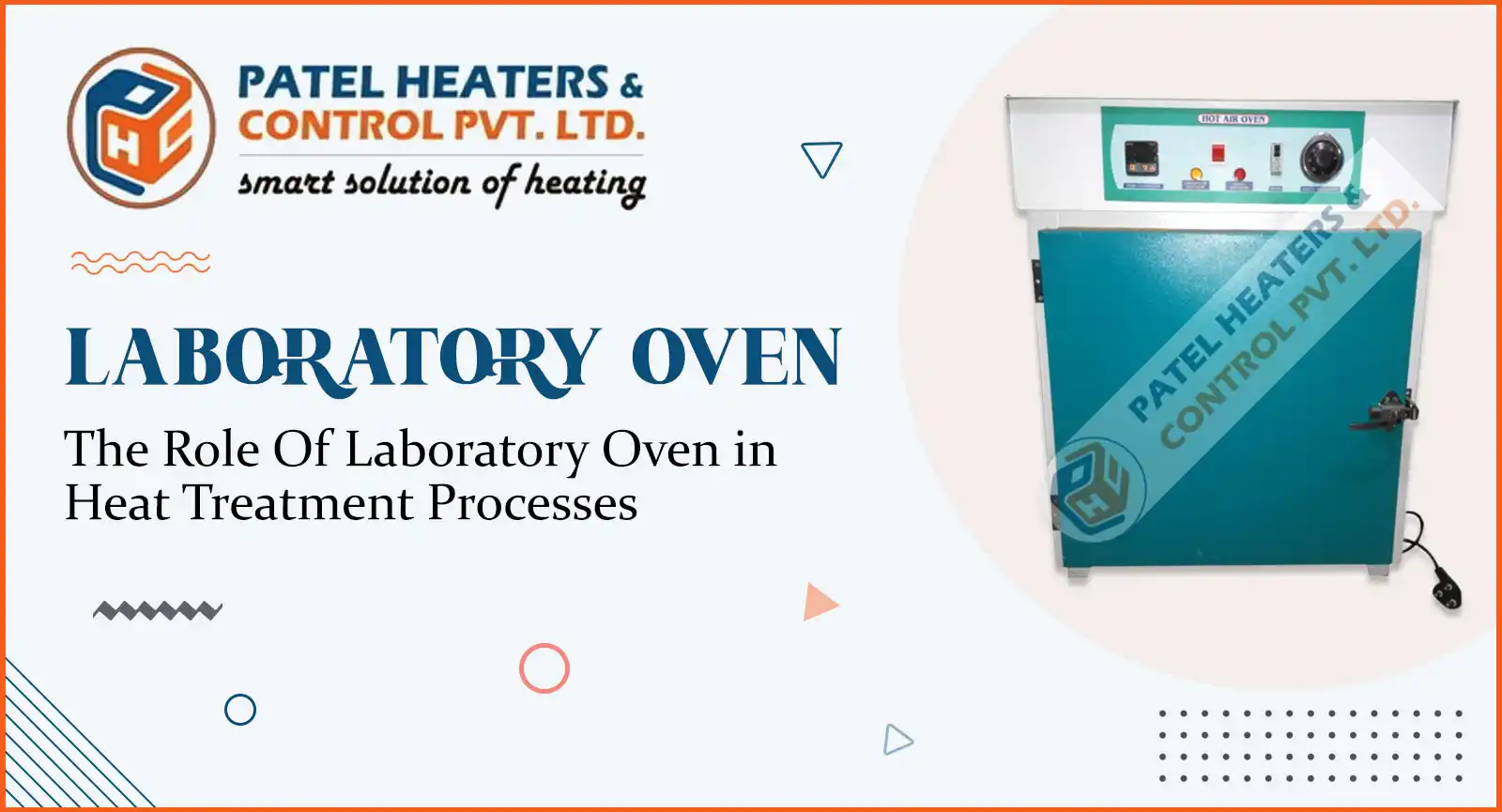The Role Of Laboratory Oven In Heat Treatment Processes
Laboratory oven are crucial in various scientific and industrial processes, particularly heat treatment. Heat treatment involves subjecting materials to controlled heating and cooling processes to alter their physical and chemical properties.
Laboratory oven provide a controlled environment where precise temperature and time parameters can be maintained, allowing for accurate and repeatable heat treatment procedures.
Types of Laboratory Oven:
Before delving into the role of laboratory oven in heat treatment processes, it’s essential to understand the different types of ovens available.
Laboratory oven come in various configurations, including gravity convection, forced convection, vacuum, and inert gas ovens. Each type has its advantages and is suited for specific heat treatment applications.
- Gravity convection ovens rely on natural convection currents to circulate heat within the chamber. They are suitable for applications where temperature uniformity is not critical, such as drying glassware or general-purpose heating.
- Forced convection ovens use fans or blowers to enhance heat distribution, ensuring uniform temperatures throughout the chamber. These ovens are commonly used for precise heat treatment processes that require consistent and even heating.
- Vacuum ovens are designed to operate under reduced atmospheric pressure, enabling heat treatment of materials in a controlled, oxygen-free environment. This is particularly useful for drying delicate samples or removing volatile substances.
- Inert gas ovens, on the contrary, provide a controlled atmosphere using gases such as nitrogen or argon, protecting heat-sensitive materials from oxidation or other chemical reactions during heat treatment.
Applications of Laboratory oven in Heat Treatment
Laboratory oven find extensive applications in various fields, including materials science, chemistry, engineering, and manufacturing. Let’s explore specific examples of how Laboratory oven are used for treating heat.
- Tempering: By heating the material to a specific temperature and holding it for a precise duration, Laboratory oven enable controlled tempering, resulting in desired mechanical properties.
Aging:
Aging is a heat treatment process used to enhance the properties of certain alloys, particularly those containing aluminum. By subjecting the material to elevated temperatures for specific periods, ovens offered by Laboratory oven manufacturers in India facilitate the precipitation of fine particles, improving strength and hardness.Drying:
Laboratory oven are widely used for drying various materials, such as glassware, chemicals, and samples. By maintaining a controlled temperature, these ovens remove moisture effectively, ensuring accurate and repeatable results.
Benefits of Laboratory oven in Heat Treatment
The use of Laboratory oven in heat treatment processes offers several notable benefits:
Precision and Control:
Laboratory oven provide precise temperature control, allowing accurate and repeatable heat treatment processes. The ability to set and maintain specific temperature parameters ensures consistent results and reduces variability.Uniform Heating:
Forced convection ovens, with their enhanced heat distribution mechanisms, ensure uniform heating throughout the chamber. This is critical in heat treatment processes, as uneven heating can lead to inconsistent material properties.Time Efficiency:
Laboratory oven enable efficient heat treatment processes by providing rapid and controlled heating. With precise temperature control, materials can quickly be heated to the desired temperature, reducing overall processing time.Versatility:
Laboratory oven come in different sizes and configurations, allowing for versatility in heat treatment applications. Whether small-scale research or industrial-scale production, an oven is suitable for every need.Controlled Atmosphere:
Vacuum and inert gas ovens provide controlled environments that protect materials from oxidation or chemical reactions during heat treatment. This is particularly crucial when working with sensitive or reactive materials.Safety:
Laboratory oven have safety features such as temperature alarms, overheat protection, and ventilation systems. These features ensure safe operation and minimize the risk of accidents or damage.Conclusion
Laboratory oven play a vital role in heat treatment processes, offering precise temperature control, uniform heating, and controlled environments. Their applications span various scientific disciplines and industrial sectors, enabling annealing, tempering, aging, and drying processes. The benefits of Laboratory oven in heat treatment include precision and control, time efficiency, versatility, controlled atmospheres, and enhanced safety.
As technology advances, Laboratory oven evolve, providing researchers and industry professionals with the tools they need to conduct accurate and efficient heat treatment processes. In terms of the best Laboratory oven suppliers in India, Patel Heaters & Control Pvt. Ltd. is indeed one of the best.
Patel Heaters
Patel Heaters and Control has immense expertise in the manufacturing of Industrial heaters and heating elements. We have been providing heating solutions to our clients since 1982.







